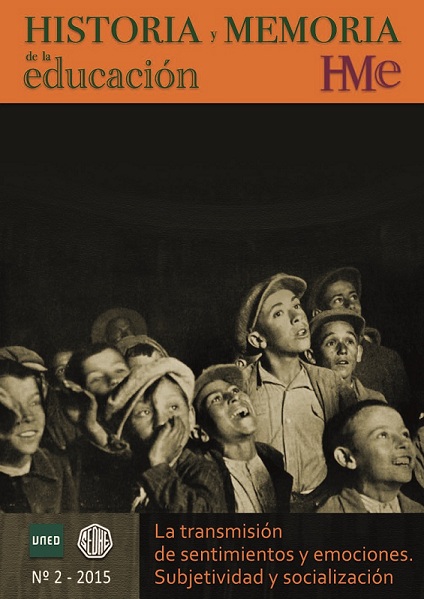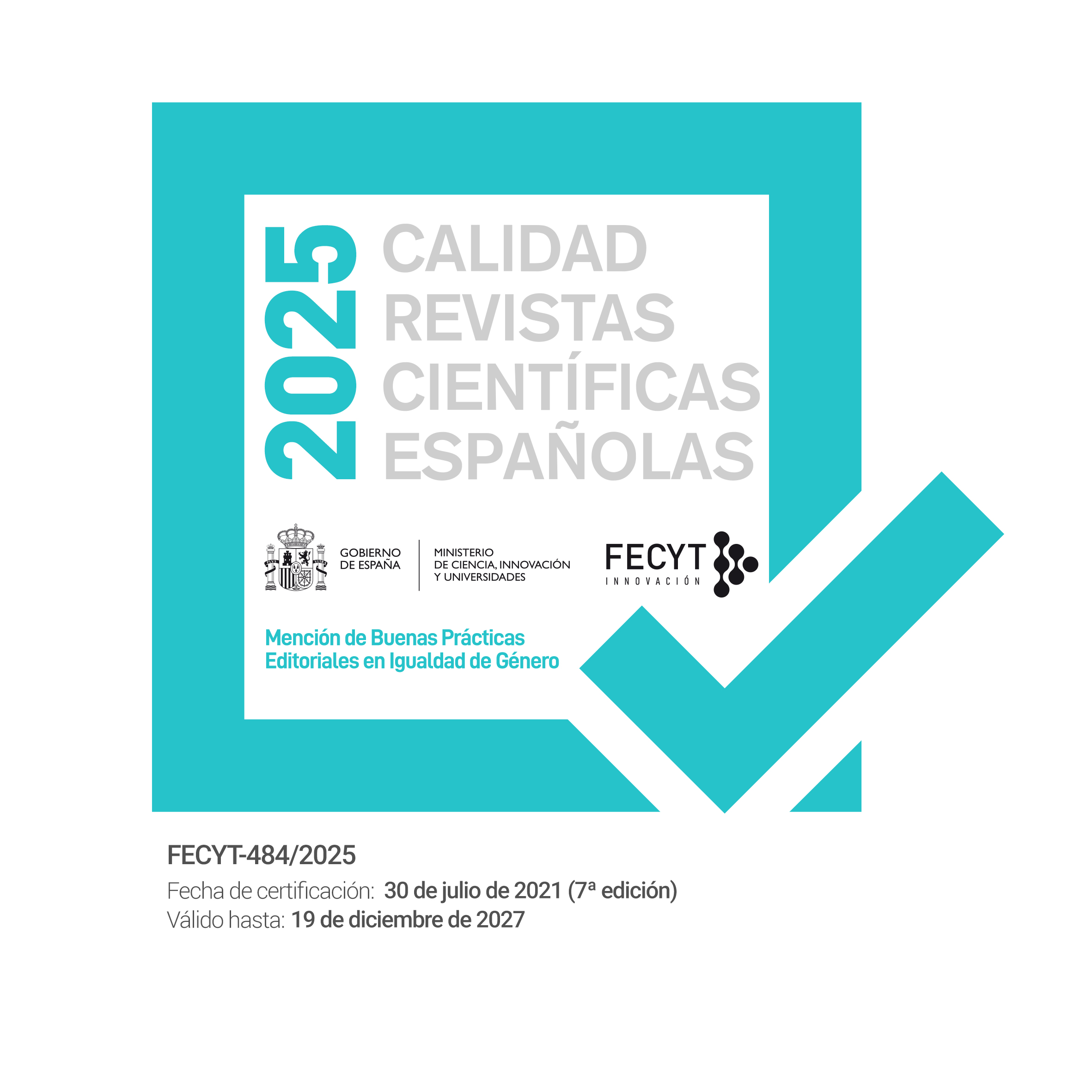Authobiography and cultures of childhood
DOI:
https://doi.org/10.5944/hme.2.2015.13224Keywords:
Cultures of childhood, Autobiography, Control, ModelAbstract
This paper deals with three topics and four related examples. The first topic is the subjective culture of children and their free discourses about their own feelings and thoughts. The second concerns interpretations of children’s autobiographies and diaries (Misch, Bernfeld, egodocuments, Lejeune). The third refers to parental control of children’s diaries. Four cases exemplify these issues. The first is Freud’s clinical case of little Hans, where a four-year-old child speaks about his fears, thoughts, dreams and desires, asking his father to write what he says. The second is a diary written by a boy living in Holland at the end of the 18th century. His parents suggest that he writes every day about his feelings and about the reason he acts the way he does. The third is the case of a boy living in Berlin during the first half of the 19th century, who writes a diary about his actions, emotions, memories and faults. The boy is reluctant to continue his diary, and after being scolded by his father, stops writing. The last section analyzes some journaux d’enfant of French girls from the 19th century collected by Lejeune, who discusses parental control of girls and models imposed on them. A further analysis of journaux written by French girls at the end of the 20th century highlights the absence of parental control and models. Finally, the author suggests letting children freely express their thoughts and feelings.
Downloads
Downloads
Published
How to Cite
Issue
Section
License
Authors who publish in Historia y Memoria de la Educación agree to the following terms:
- Authors retain copyright and grant the journal right of first publication with the work simultaneously licensed under a Creative Commons Attribution-NonCommercial 4.0 International that allows others to share the work with an acknowledgement of the work's authorship and initial publication in this journal.
- Authors are able to enter into separate, additional contractual arrangements for the non-exclusive distribution of the journal's published version of the work (e.g., post it to an institutional repository or publish it in a book), with an acknowledgement of its initial publication in this journal.
- Authors are permitted and encouraged to post their work online (e.g., in institutional repositories or on their website) prior to and during the submission process, as it can lead to productive exchanges, as well as earlier and greater citation of published work (See The Effect of Open Access).












